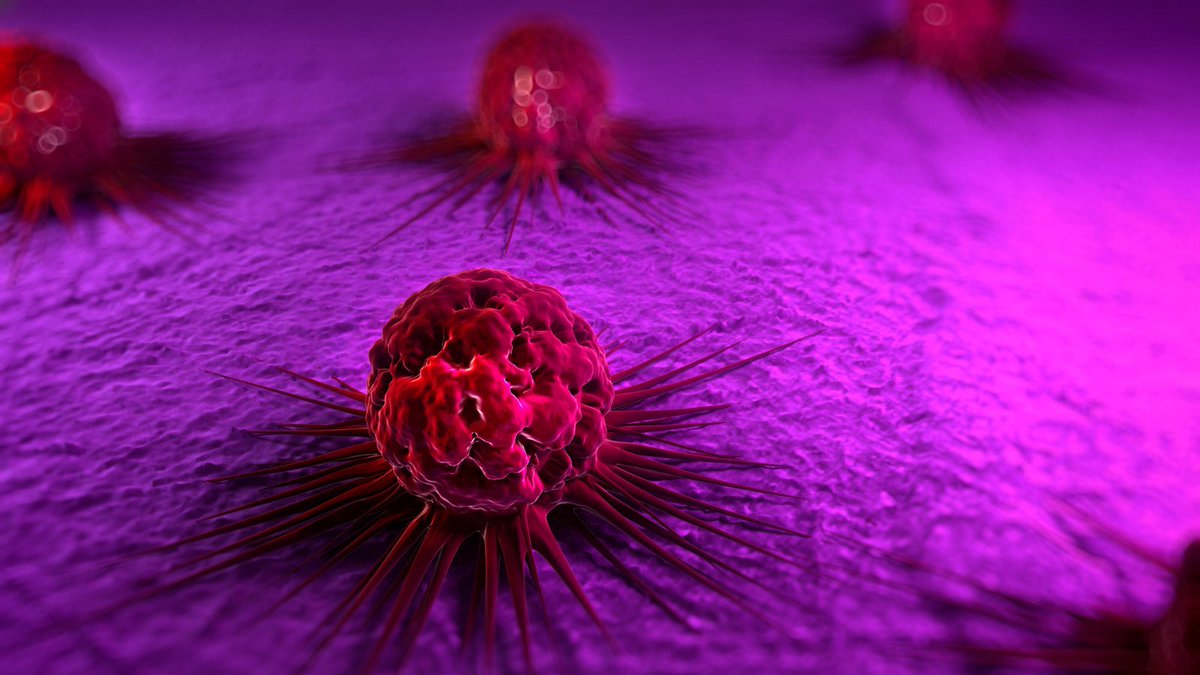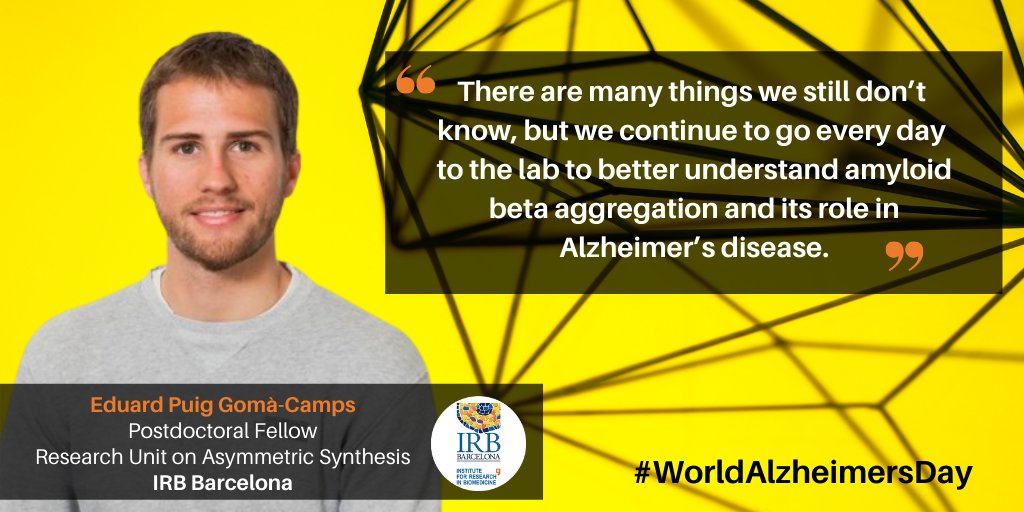Scientists at @bbglab at @IRBBarcelona have determined for the first time the genetic alterations in the cells of cancer patients that are caused by the main therapies used to treat this disease.👇Read this thread about this study published in @NatureGenet
irbbarcelona.org/en/news/geneti…
irbbarcelona.org/en/news/geneti…

#Chemotherapies have transformed the treatment of #cancer, allowing the survival of many patients. Some of these therapies kill cancer cells by damaging their DNA🧬. However, these drugs can also harm the healthy cells and produce long-term side effects.
As a first step towards understanding the relationship between these mutations and the side effects of #chemotherapies, the @bbglab studied the sequence of the metastatic tumours of around 3,500 patients😯and identified a specific pattern of mutations: the “mutational footprint”.
This knowledge will allow the optimization of #cancer treatment. “The aim is to maximize the beneficial effects of #chemotherapies by destroying tumour cells while minimizing he number of mutations caused in the healthy cells of the patients,” says @nlbigas
🙏Thanks go to the patients and their families for providing the samples for scientific research purposes. Funding from @ERC_Research @CienciaGob, @recercat and @_BIST is also acknowledged.
➡️irbbarcelona.org/en/news/geneti…
➡️irbbarcelona.org/en/news/geneti…
• • •
Missing some Tweet in this thread? You can try to
force a refresh










